There are moments in history when societies need new spaces of hope and action, not more speeches. Latin America is at one of those turning points. Today we are joined by Dr. Ignacio Bonasa Alzuria, a transformational leader, Doctor in Leadership and Organizational Transformation, founder of Liderarte, and President of the Latin American Leaders Parliament.
This Parliament does not seek political power. It does not legislate, nor does it reproduce bureaucracy. Instead, it positions itself as a lobby with soul — a space of influence, action, and impact that brings together leaders from across the region to create tangible projects and give back trust to millions of Latin Americans.
Origins, Vision, and Future
For Dr. Ignacio, the seeds of the Latin American Leaders Parliament were sown not in a boardroom or a campaign office, but on the ground—through years of travel across Latin America, listening, observing, and connecting with the people who give the region its pulse. What he encountered was a paradox: countries brimming with overflowing talent, inspiring leaders, and brilliant projects, yet so often disconnected from one another. The Parliament, as Dr. Ignacio describes it, was born out of a simple but profound conviction: Latin America does not need more empty political speeches; it needs real spaces for action. His vision is for this institution to serve as the bridge that unites those fragmented forces and channels them into a collective power strong enough to shape the region’s future.
At its heart, the Parliament is a response to a profound gap Dr. Ignacio could no longer ignore: the absence of trust and hope. Across Latin America, citizens are trapped in the cycle of unfulfilled promises and political systems that fail to listen. In this landscape, the Parliament becomes more than a platform; it becomes a statement of possibility. “We want to prove,” Dr. Ignacio explains, “that it is possible to build leadership with soul—leadership that is independent from political interests, focused entirely on people and society.” His words carry the weight of someone intent not on dismantling institutions, but on reshaping how leadership itself is defined.
One of Dr. Ignacio’s most striking ideas is the concept of a “lobby with soul.” It is a phrase that invites curiosity, but for him, it is not rhetorical flourish; it is a blueprint for action. Traditional lobbying, often synonymous with hidden agendas and transactional influence, is the antithesis of what he envisions. Instead, he sees lobbying as a force grounded in legitimacy, one that amplifies causes rather than conceals interests. A lobby with soul, in his words, is about placing education, culture, innovation, wellbeing, and human dignity at the very center of decision-making spaces. It is not about power for power’s sake, but about influence that uplifts society.
The Latin American Leaders Parliament is not designed to mirror traditional parliaments, and Dr. Ignacio is quick to make this distinction clear. “We don’t make laws; we make projects,” he emphasizes. Unlike the bureaucracies that often weigh down governance, this Parliament is built for impact. Its compass is not ideology but values, a radical departure from the polarization that so often defines political life. Dr. Ignacio creation is, in essence, a Parliament of action rather than discourse—a space where dialogue transforms into tangible results, and where vision is measured not by speeches delivered, but by lives changed.
Structure and Functioning
The Latin American Leaders Parliament is built not as a symbolic forum, but as a living, breathing institution with a structure designed for action. At its core sits a leadership model that balances vision with execution. The Parliament is composed of a President, a CEO, ten thematic vice-presidencies—covering areas such as Economy, Education, Culture, Wellbeing, and Youth—and a network of country directors. To further strengthen its reach, specialized commissions focus on key areas like innovation, cultural diplomacy, and social development. It is an architecture designed not for hierarchy’s sake, but to ensure that every critical sector of Latin America’s progress is represented, debated, and advanced.
Within this framework, roles are defined with both clarity and purpose. The President provides the global vision, setting the course for what the Parliament aspires to achieve on a continental scale. The CEO serves as the engine of coordination, turning that vision into reality through concrete execution. Vice-presidents are tasked with driving momentum within their respective strategic domains, while country directors serve as essential connectors—bridging the regional realities of their nations with the Parliament’s larger continental goals. For Dr. Ignacio, there are no bystanders in this design: everyone is expected to lead. “Everyone is a protagonist,” he insists, underscoring his belief that leadership is not concentrated in a single figure, but distributed across a committed team.
This philosophy extends to the very nature of membership. To be part of the Parliament is not to hold a decorative title, but to embrace responsibility. Dr. Ignacio makes this point with conviction: those who join must understand they are expected to act, contribute, and champion projects that generate impact. “We don’t want spectators, we want protagonists,” he says. It is a clear stance against the inertia that often plagues institutions, and a reminder that true leadership requires presence, action, and accountability.
Decision-making within the Parliament reflects the same ethos of inclusion and action. It is guided by dialogue, built on consensus, and, when necessary, resolved by majority. Yet above all, every choice must align with a single principle: contributing to the real transformation of the region. For Dr. Ignacio, decisions are not an end in themselves but instruments of change, always tested against the Parliament’s founding purpose of bridging disconnection and turning promise into progress.
Areas of Action and Projects
For Dr. Ignacio, the Latin American Leaders Parliament is not an abstract idea but a platform rooted in tangible impact. Its work centers on three main pillars: education and talent, innovation and society, and wellbeing and culture. These areas, he explains, are not chosen at random but carefully defined as the true engines of transformation. Each represents both the challenges and opportunities that shape the region’s future—and together they form the axis around which the Parliament’s action turns.
Already, the institution is moving beyond declarations to concrete initiatives. Among its flagship projects are the Latin American Education Forum, the Latin American Leadership Institute, and the IntelligencIA Center—an ambitious hub dedicated to exploring artificial intelligence with values. The Parliament has also created Weblat, an internal communication platform designed to strengthen regional connections, and has launched Dale la Vuelta a la Tortilla, a global movement encouraging social resilience and optimism. To complement these efforts, it is preparing the Latin American Journal, envisioned as an independent media voice that not only amplifies the Parliament’s vision but also tells the broader story of a continent demanding to be heard.
The Latin American Education Forum, in particular, embodies Dr. Ignacio’s vision of transformation. He believes education must evolve beyond the rigid confines of memorization to embrace creativity, innovation, and emotion. “Education should not only transmit knowledge but also form people capable of transforming,” he says with conviction. For him, the challenge is not simply to prepare students for the workforce but to inspire them to become active builders of society. Latin America, in his view, needs fewer standardized tests and more sparks of inspiration capable of igniting change.
Equally emblematic are initiatives such as the IntelligencIA Center and Dale la Vuelta a la Tortilla. Together, they illustrate the Parliament’s DNA: the fusion of technology and humanity. The first represents a bold attempt to harness artificial intelligence not as a cold, utilitarian tool, but as a force guided by ethics and human values. The second is a social campaign that reframes adversity as an opportunity, turning resilience into what he calls “a vitamin for the soul.” These initiatives, though different in scope, share the same goal—strengthening the region’s ability to innovate while never losing sight of its human core.
Communication, too, is central to this mission. With the upcoming launch of the Latin American Journal, Dr. Ignacio underscores the importance of narrative as a tool of empowerment. “Narrative is everything,” he reflects. “If we don’t tell our story, others will tell it for us.” For him, the Journal is not merely a publication but a voice—a channel for the Parliament and, more importantly, for the region itself. By shaping its own story, Latin America can project its potential to the world and reclaim ownership of its future.
International Relations and Alliances
From its inception, the Latin American Leaders Parliament was never meant to be confined within regional borders. For Dr. Ignacio, isolation is not an option in today’s interconnected world. “Latin America cannot remain isolated,” he affirms. “We are part of the world and we must influence it.” To that end, the Parliament is actively building bridges through strategic alliances with universities, foundations, and international organizations. These partnerships are not symbolic gestures—they are the Parliament’s way of ensuring that Latin America has a seat at the global table where the future is being shaped.
A key element of this international strategy lies in the role of ambassadors. These figures serve as the face and voice of the Parliament across continents, carrying its vision into spaces that might otherwise remain closed. Their mission is both practical and symbolic: they open doors, generate credibility, and forge connections with new partners. In doing so, they help translate the Parliament’s values into global conversations, positioning Latin America not as a follower but as a contributor to international dialogue.
Dr. Ignacio is clear that the alliances he seeks must go beyond ceremonial signatures. The Parliament is not interested in agreements that look impressive on paper but fail to deliver results. Instead, it is pursuing collaborations that create tangible value: training programs that prepare new leaders, applied research that addresses pressing regional challenges, and social and cultural projects that enrich communities. Every partnership is measured by its potential to generate real impact.
This commitment has already led the Parliament into conversations with some of the world’s most recognized institutions. Dr. Ignacio confirms that they are in dialogue with global platforms, including organizations like the United Nations, to secure international recognition and legitimacy. The goal is not prestige for its own sake but to become a strategic partner for those who share the Parliament’s vision of peace, wellbeing, and sustainability. In Dr. Ignacio’s eyes, this is how Latin America steps out of the margins of global influence and positions itself as a force capable of shaping not only its own destiny but also the future of the world.
Identity and Values
For Dr. Ignacio, legitimacy is not conferred by titles, nor won by occupying seats of power. It is earned, day by day, through coherence and results. The Latin American Leaders Parliament, he insists, cannot simply proclaim values; it must embody them and prove their transformative power in real-world outcomes. “That is our credibility,” he explains with characteristic clarity. In his vision, authenticity is the foundation of influence, and only by living its principles can the Parliament build the trust it seeks both within the region and abroad.
Those principles are not abstract concepts tucked into a mission statement—they are the compass of the Parliament’s daily life. Integrity, solidarity, justice, respect, transparency, and commitment from its moral architecture. He is emphatic that these values are not decorative words on a wall but living guides shaping every decision, every project, and every meeting. In a region often fatigued by political rhetoric, this insistence on values as practice, not posture, sets the Parliament apart.
Central to maintaining this integrity is the Parliament’s relentless focus on action. He knows that the great risk of any institution is to dissolve into empty speeches and ceremonial posturing. To prevent this, he demands that every member lead and deliver projects with measurable impact. “The Parliament will be what its leaders do, not what they say,” he notes, underscoring the conviction that results, not rhetoric, will define their legacy.
Perhaps one of Dr. Ignacio’s most striking ideas is his phrase “minorities that drag majorities.” In his view, transformation does not require convincing everyone at once. Change begins when a small group of leaders dares to act. Their example, he believes, carries the power to inspire broader movements and mobilize entire societies. It is a philosophy rooted in the belief that courage is contagious—and that in Latin America, as in the world, it often takes just a few pioneers to pull the majority toward progress.
Social Impact and Future
Dr. Ignacio envisions the Latin American Leaders Parliament as more than an ambitious experiment; he sees it as a transformative force destined to reshape the continent’s future. Over the next five years, his goal is for the Parliament to be recognized as the leading non-political engine of transformation in Latin America—an institution that inspires youth and delivers tangible solutions in the areas of education, innovation, and wellbeing. For Dr. Ignacio, recognition is not about prestige, but about impact: a clear acknowledgment that this Parliament is helping to fill the void left by traditional systems that have too often failed their citizens.
When he imagines the Latin America of tomorrow, the picture is one of unity and pride, of a region that embraces innovation and sheds its dependence on outdated power structures. “I imagine it exporting ideas, not just raw materials,” he reflects, offering a vision of a continent whose true wealth lies not in commodities but in creativity, talent, and resilience. This reimagining of Latin America positions the Parliament as a catalyst for a deeper cultural and economic transformation, one that can project its influence far beyond its borders.
To young Latin Americans who no longer believe in institutions, Dr. Ignacio delivers a message both candid and hopeful. He does not urge them to trust the systems of the past; instead, he calls on them to trust themselves and the communities they can build. The Parliament, he stresses, stands as proof that new spaces exist where their voices matter—spaces that are not bound by the failures of history but open to fresh forms of leadership and collaboration. It is, in many ways, an invitation to reclaim faith in the possibility of collective action.
This invitation extends to entrepreneurs, leaders, and citizens alike. The Parliament is not designed as an exclusive club but as an open movement, welcoming those willing to act. Joining is not about titles or recognition, but about contribution—proposing projects, participating in commissions, or taking the lead in an area of passion. Dr. Ignacio emphasizes that this inclusivity is at the heart of the Parliament’s strength: it grows by adding the energy and ideas of those who step forward.
For Dr. Ignacio himself, the dream is deeply personal. He envisions a moment years from now when the work is not only remembered but felt—when millions across Latin America can say they were represented not from a parliamentary seat, but from the soul. “My dream,” he says with quiet conviction, “is that in a few years, we can look back and say: ‘It was worth it.’” It is this vision of meaning, belonging, and transformation that continues to guide both his journey and the Parliament’s evolving legacy.
Closing
The Latin American Leaders Parliament was not born to occupy seats, but to open paths. It was not born to debate ideologies, but to build the future. We are a different kind of Parliament: A Parliament with soul, a Parliament of action, a Parliament that wants to transform a continent through the strength of its leaders.
Because Latin America is not condemned to repeat its history. It is called to inspire the world. And today, we begin to write that story.

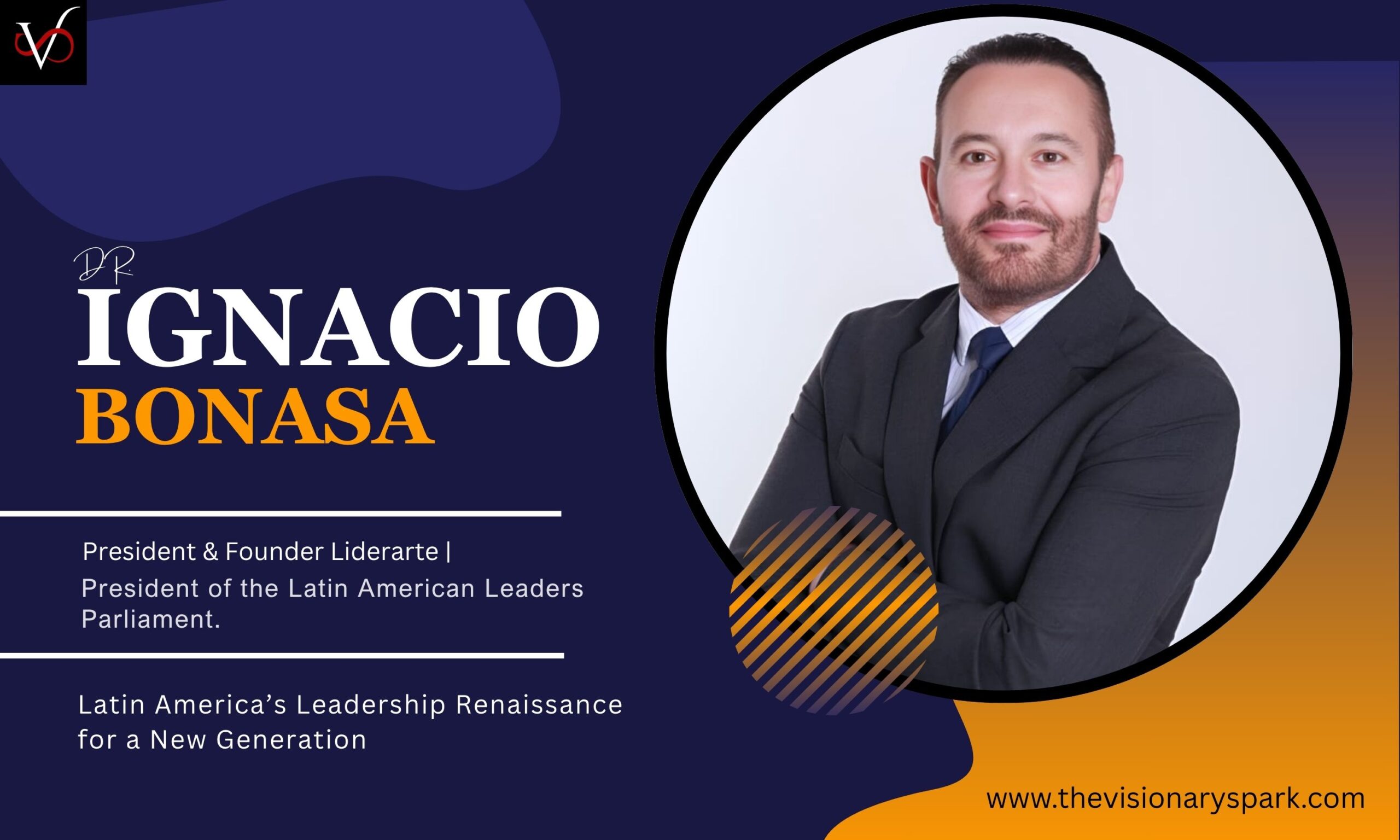



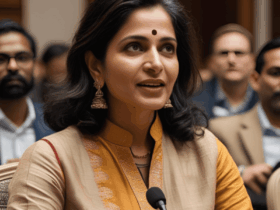
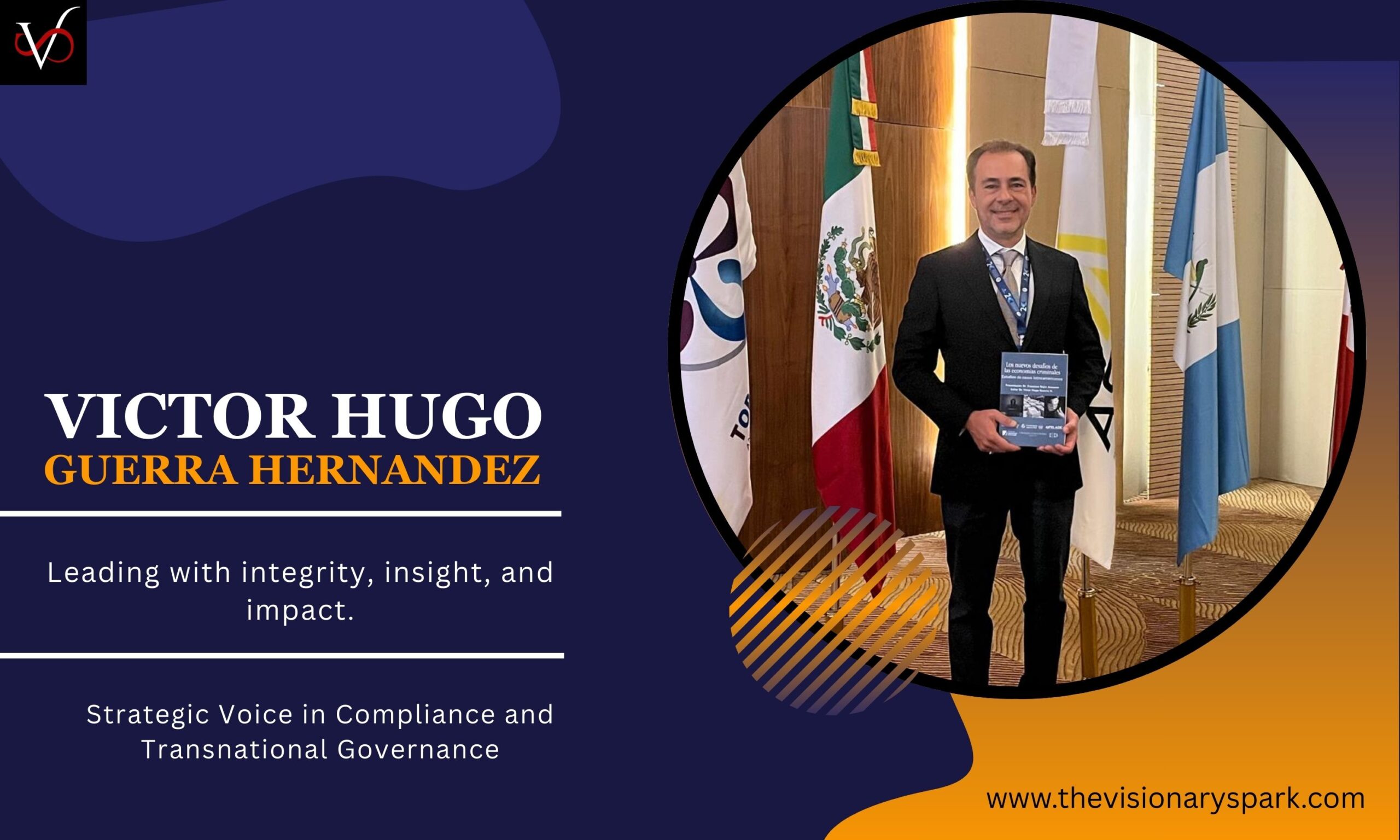
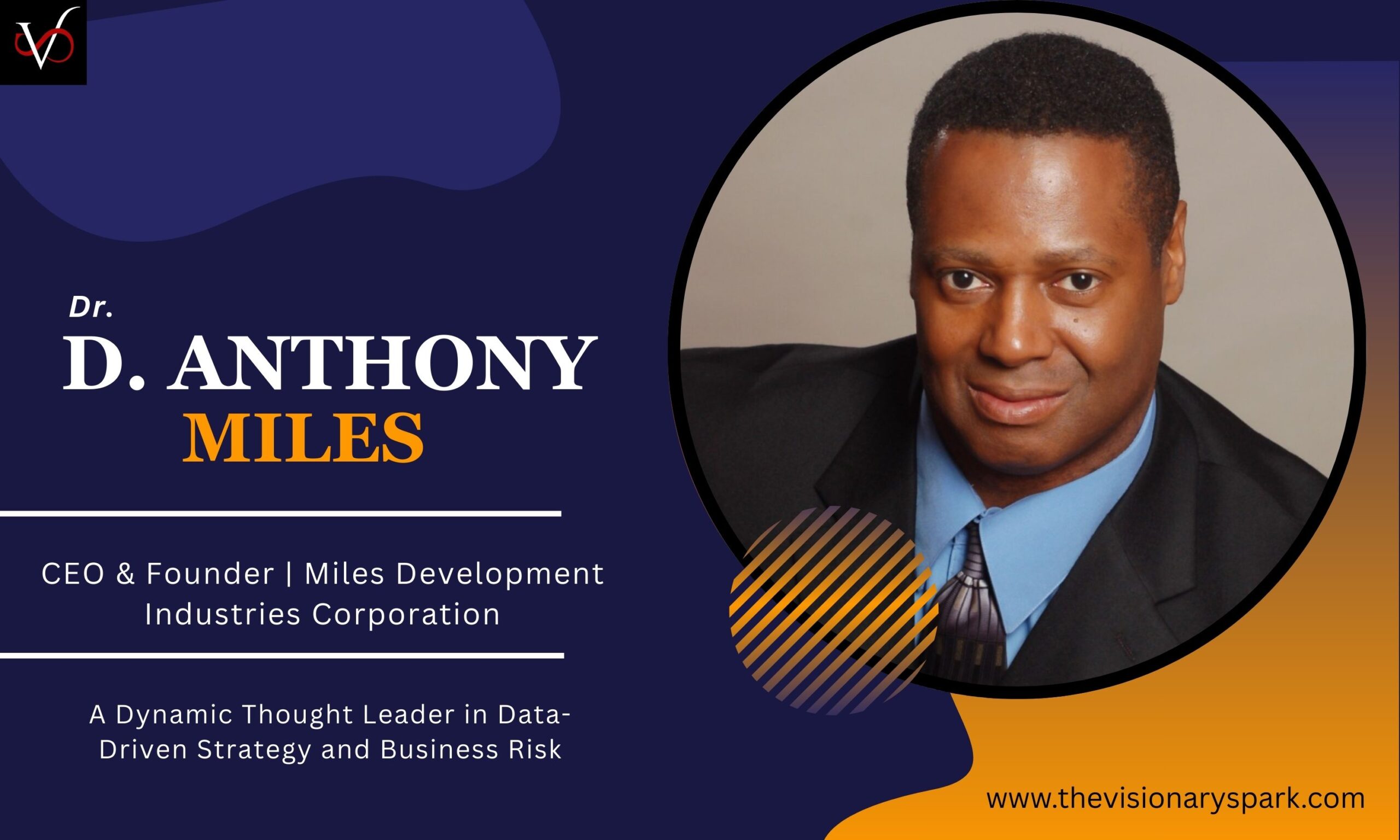


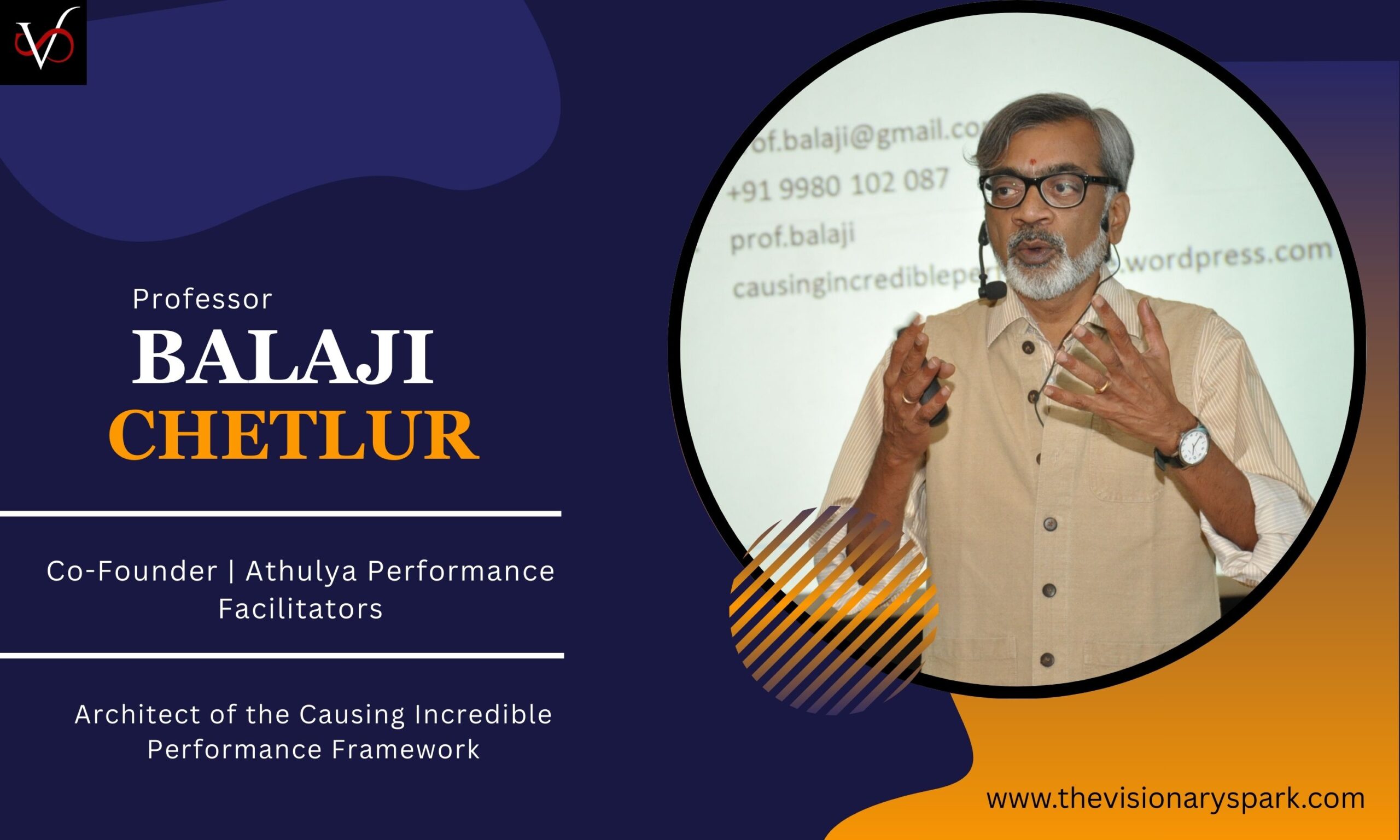
Leave a Reply